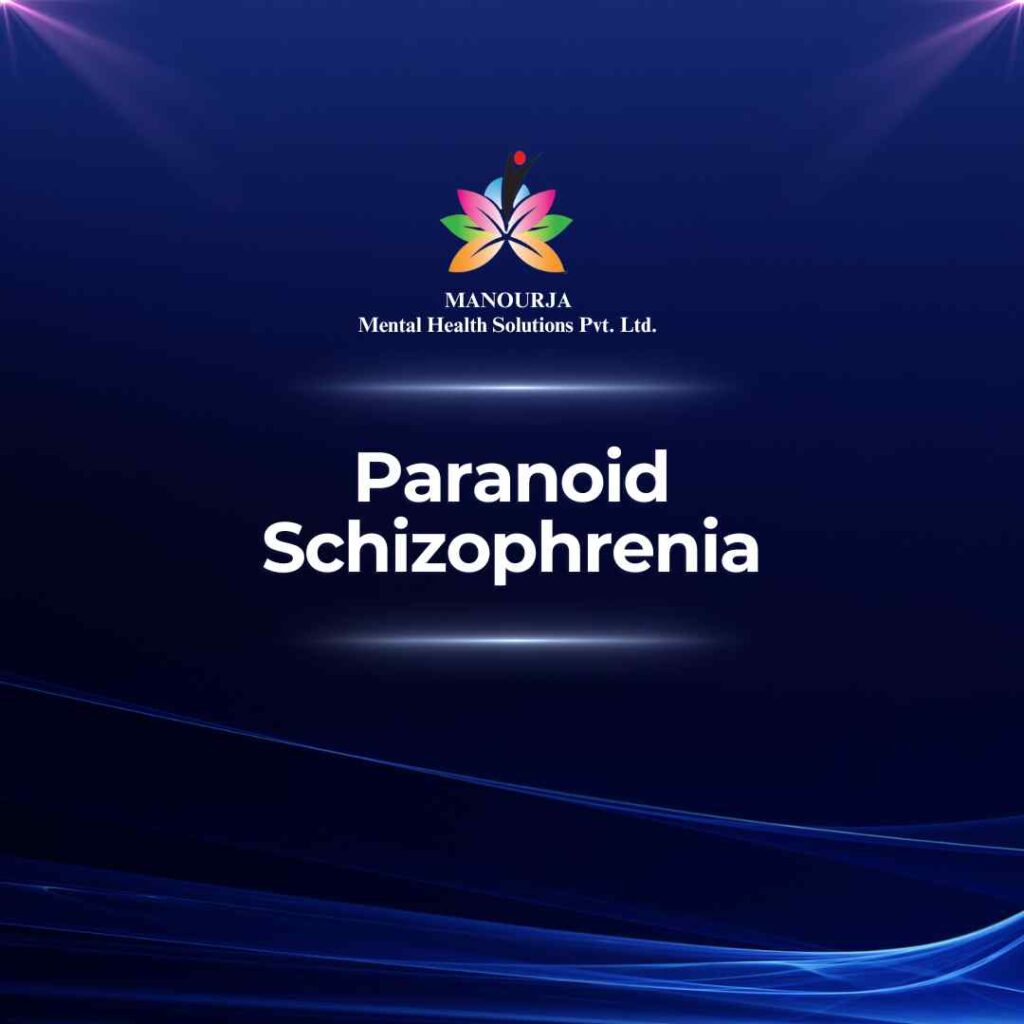Paranoid Schizophrenia

Paranoid schizophrenia was previously recognized as a subtype of schizophrenia primarily characterized by paranoia, intensely suspicious delusions, and auditory hallucinations. Although this specific categorization is no longer used in current psychiatric diagnosis (DSM-5), the term might still appear in some contexts to describe a pattern where these features are dominant.
Key Characteristics
- Delusions of Persecution: Individuals believe they are being harassed, cheated, spied on, conspired against, or harmed by certain individuals or organizations.
- Delusions of Grandeur: Individuals may believe they have extraordinary powers, special missions, or are a well-known figure.
- Auditory Hallucinations: Hearing voices that comment on their behavior, give them orders, or argue with them is common.
- High Level of Anxiety and Anger: They often feel intensely and exhibit hostility.
- Cognitive Functions: Typically, cognitive functions might be better preserved than in other forms of schizophrenia.
- Violent or Suicidal Behavior: In response to their fears or commands from voices, they may occasionally exhibit dangerous behavior.
Forms
Historically, paranoid schizophrenia was considered a distinct subtype, but today, these characteristics are seen as part of the broader diagnosis of schizophrenia. The manifestations of paranoia and associated delusions and hallucinations can vary widely in severity and impact, ranging from mild to severely disabling conditions. This variability is now considered within the spectrum of schizophrenia disorders rather than as separate forms.
Treatment of Paranoid Schizophrenia
Treatment for what was previously classified as paranoid schizophrenia (and now simply part of schizophrenia spectrum disorders) typically includes:
Antipsychotic Medication:
- These medications are the cornerstone of treatment, helping to reduce or eliminate hallucinations and delusions. Examples include newer atypical antipsychotics like risperidone, olanzapine, and quetiapine, which have fewer side effects than older medications.
- Continual assessment and adjustment of medication are necessary to manage side effects and effectiveness.
Psychotherapy:
- Cognitive Behavioral Therapy (CBT): Helps individuals challenge the reality of their delusions and hallucinations, reduce their impact, and improve coping strategies.
- Supportive Therapy: Can help the individual feel more supported and understood, reducing distress and enhancing coping with symptoms.
Family Therapy:
- Educates families about the disorder, improving their ability to provide support, reducing relapse rates, and helping in crisis situations.
- Helps families cope with the challenges of living with someone who has schizophrenia.
Social Skills Training:
- Can be particularly beneficial in helping individuals improve communication skills, manage daily activities, and participate in community life more fully.
Case Management:
- Helps coordinate care, manage healthcare interactions, ensure medication compliance, and access to necessary social and community services.
Hospitalization:
- May be necessary during acute episodes where safety is a concern, either due to severe delusions, hallucinations, or risk of harm to self or others.
Conclusion
While “paranoid schizophrenia” as a formal diagnosis has been phased out, the symptoms traditionally associated with it continue to be addressed within the broader framework of schizophrenia. Treatment remains personalized, aiming to reduce symptoms and improve quality of life through a combination of medication, therapy, and supportive services.
At MANOURJA, we believe in the transformative power of counseling. Our experienced therapists offer a safe and supportive space where you can explore your thoughts, emotions, and challenges. Through personalized counselling sessions, we’ll work together to develop coping strategies, build resilience, and achieve lasting positive change. Discover the path to a healthier, happier you with MANOURJA counselling services.
MANOURJA Rehabilitation Services
At MANOURJA, we’re dedicated to helping you in rebuild your life, after difficult times. Our rehabilitation services focus on understanding what you need to move forward, whether you’re recovering from addiction, trauma, or any psychological – social challenges. We create personalized plans, that are all about helping you, regain your strength and find hope again. With a caring team by your side, you’ll have the support to make real progress and take steps toward a brighter, healthier future.
